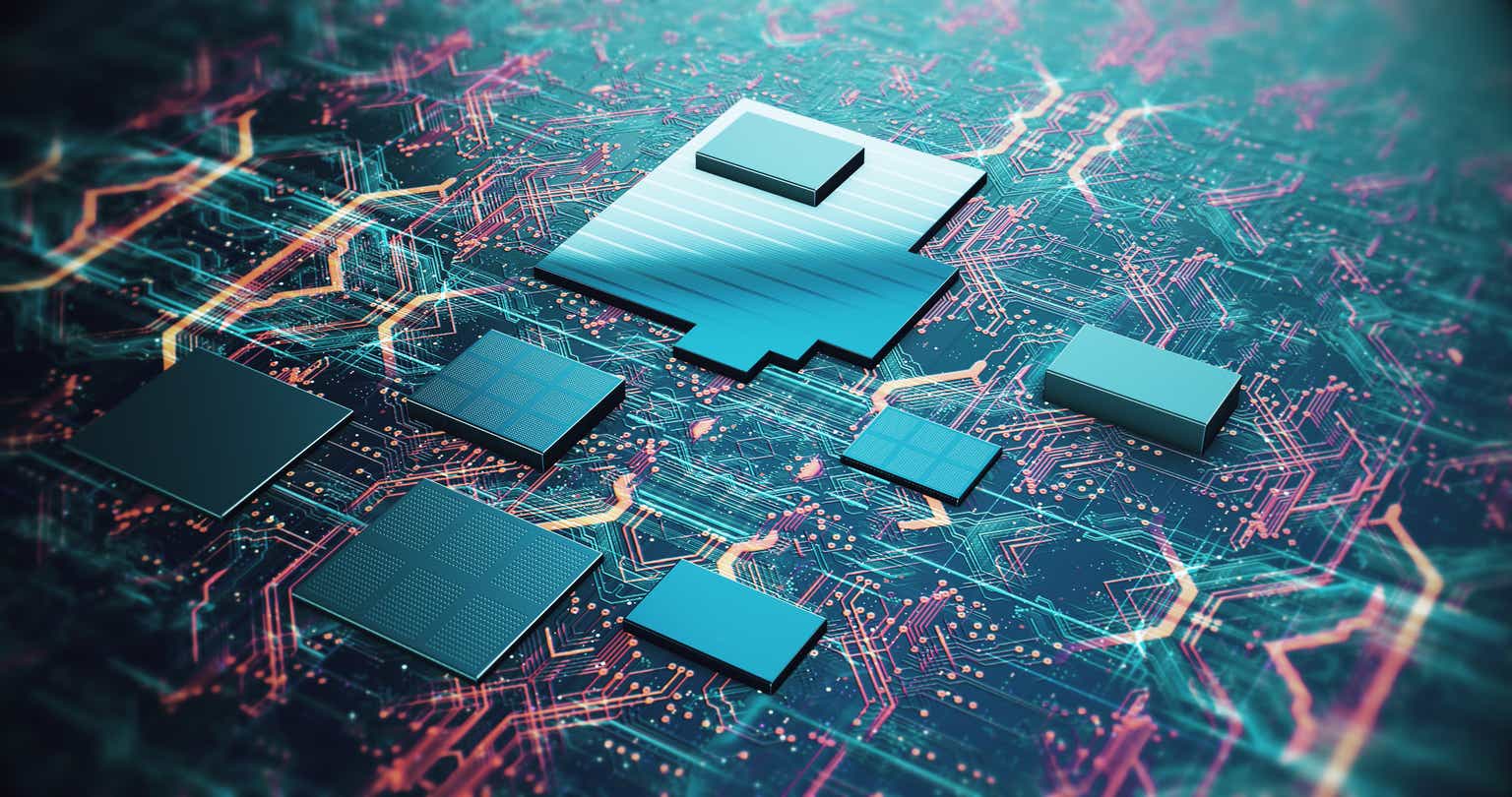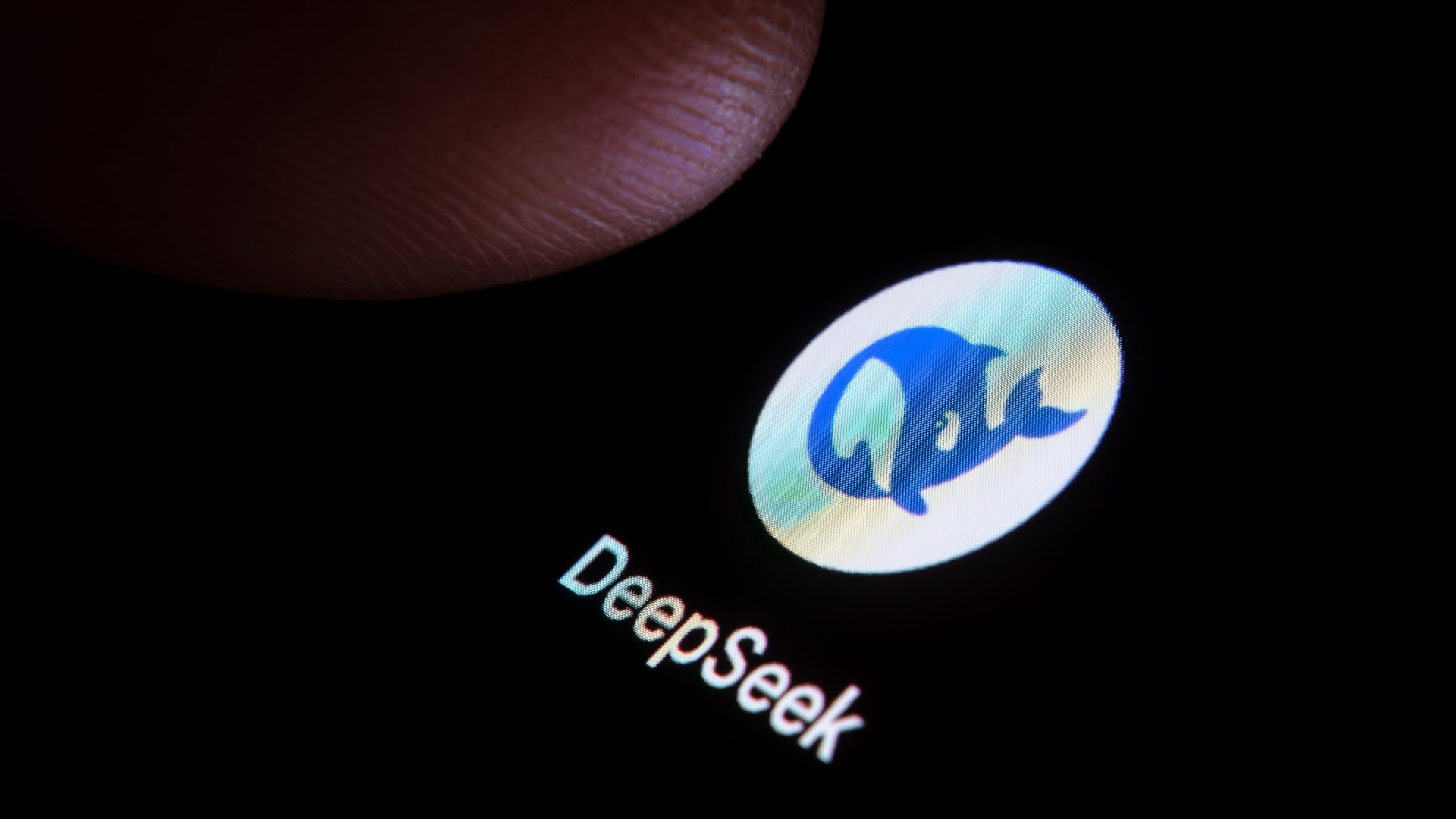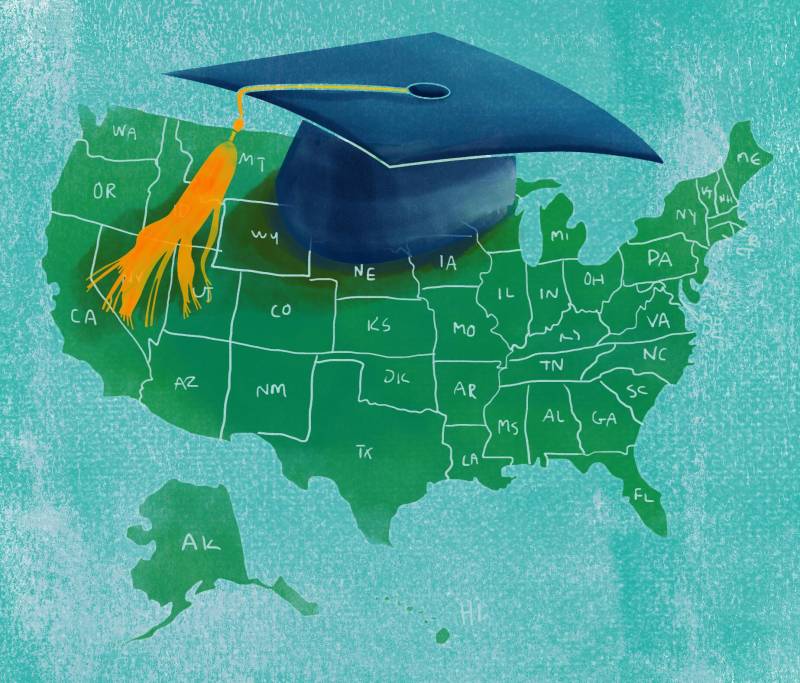Getting Started with Deep Learning: A Beginner’s Guide to Neural Networks
Deep learning is an important subset of artificial intelligence, which is changing the face of industries worldwide. From self-driving cars to medical diagnostics and personalized recommendations, deep learning is at the core of modern AI applications. In India, the adoption of AI and deep learning is rapidly growing, with businesses and startups integrating these technologies into various domains. As an IT and education hub, Pune is now becoming a research hub in the area of AI and deep learning. A high demand for talent at this profession makes it a great place for individuals seeking upskilling. If you are looking to create a career in this field, the data science training in Pune can give you the apt skills along with hands-on experience. What is Deep Learning? Deep learning is an artificial neural network application of machine learning that follows human brain function models. Networks in deep learning comprise several interconnected layers of nodes called neurons which handle large data amounts, extract patterns, and provide predictions. Traditional machine learning algorithms do not perform feature extraction like deep learning models, without needing much human interaction. Deep Learning in India Deep learning is increasingly being adopted across the various sectors of India. At the governmental level, the following initiatives include the National AI Strategy and Digital India, which encourages AI research and its implementations. Such key Indian sectors that are using deep learning are health care. Health care- AI uses diagnostic tools, medical image analysis and predictive healthcare. Deep learning facilitates the disease detection better, accelerates the diagnosis with better doctor-patient care. Finance – Fraud detection, credit scoring, and algorithmic trading. Deep learning helps financial institutions analyze patterns, detect anomalies, and automate trading decisions. E-commerce – Personalized recommendations and automated customer support. AI-driven recommendation engines enhance user experience and improve sales conversions. Automotive – Autonomous vehicle research and predictive maintenance. Self-driving cars use deep learning for object detection, lane recognition, and traffic predictions. Education: AI-enabled tutoring platforms and adaptive learning software. Intelligent AI tutors offer personalized lessons and assessments that personalize a better learning experience for students. Pune: A New Hub of Artificial Intelligence and Deep Learning Pune has emerged as an evolving hub for deep learning thanks to its strong IT infrastructure, top universities, and a rising number of AI-driven start-ups. Innovations related to technologies are flourishing in the tech ecosystem of the city in: AI-driven automation in industries -Manufacturing and IT firms use AI systems to automate workflows for efficiency improvement. Deep learning applications in cybersecurity –AI detects cyber threats, prevents data breaches, and ensures rich digital security. Natural language processing (NLP) for chatbots and virtual assistants -Companies use AI chatbots for customer support, thereby automating the response and enhancing interaction with clients. Computer vision for smart surveillance and quality control – AI-powered security systems and quality control mechanisms improve safety and production standards. For aspiring AI professionals, data science training in Pune offers the opportunity to gain expertise in deep learning frameworks like TensorFlow, PyTorch, and Keras. Understanding Neural Networks Neural networks form the core of deep learning. These computational models have layers of artificial neurons designed to learn and process data from vast sets. Some of the components that constitute a neural network include the following: Input Layer-acts as the input layer, accepting data in forms of image, text, or numerical values. Hidden Layers – These perform complex calculations through activation functions and weighted connections. The layers learn features and patterns from the data. Output Layer – It gives the final prediction or classification result. This translates learned patterns into meaningful insights. Key Types of Neural Networks There are various types of neural networks used in deep learning, which include: Feedforward Neural Networks (FNNs)-The most fundamental type of network, which travels data only unidirectionally from input toward the output, and they only perform basic kind of pattern recognitions. Convolutional Neural Networks (CNNs)-An image and a video recognition area. They work by specializing in edge or texture or other object detection so that CNN performs very well when it is deployed in facial, medical, self-driving cars and many other more applications. Recurrent Neural Networks (RNNs) – Best suited for sequential data like speech and language processing. RNNs remember past inputs and improve text generation, speech recognition, and real-time language tra

Deep learning is an important subset of artificial intelligence, which is changing the face of industries worldwide. From self-driving cars to medical diagnostics and personalized recommendations, deep learning is at the core of modern AI applications. In India, the adoption of AI and deep learning is rapidly growing, with businesses and startups integrating these technologies into various domains.
As an IT and education hub, Pune is now becoming a research hub in the area of AI and deep learning. A high demand for talent at this profession makes it a great place for individuals seeking upskilling. If you are looking to create a career in this field, the data science training in Pune can give you the apt skills along with hands-on experience.
What is Deep Learning?
Deep learning is an artificial neural network application of machine learning that follows human brain function models. Networks in deep learning comprise several interconnected layers of nodes called neurons which handle large data amounts, extract patterns, and provide predictions. Traditional machine learning algorithms do not perform feature extraction like deep learning models, without needing much human interaction.
Deep Learning in India
Deep learning is increasingly being adopted across the various sectors of India. At the governmental level, the following initiatives include the National AI Strategy and Digital India, which encourages AI research and its implementations. Such key Indian sectors that are using deep learning are health care.
Health care- AI uses diagnostic tools, medical image analysis and predictive healthcare. Deep learning facilitates the disease detection better, accelerates the diagnosis with better doctor-patient care.
Finance – Fraud detection, credit scoring, and algorithmic trading. Deep learning helps financial institutions analyze patterns, detect anomalies, and automate trading decisions.
E-commerce – Personalized recommendations and automated customer support. AI-driven recommendation engines enhance user experience and improve sales conversions.
Automotive – Autonomous vehicle research and predictive maintenance. Self-driving cars use deep learning for object detection, lane recognition, and traffic predictions.
Education: AI-enabled tutoring platforms and adaptive learning software. Intelligent AI tutors offer personalized lessons and assessments that personalize a better learning experience for students.
Pune: A New Hub of Artificial Intelligence and Deep Learning
Pune has emerged as an evolving hub for deep learning thanks to its strong IT infrastructure, top universities, and a rising number of AI-driven start-ups. Innovations related to technologies are flourishing in the tech ecosystem of the city in:
AI-driven automation in industries -Manufacturing and IT firms use AI systems to automate workflows for efficiency improvement.
Deep learning applications in cybersecurity –AI detects cyber threats, prevents data breaches, and ensures rich digital security.
Natural language processing (NLP) for chatbots and virtual assistants -Companies use AI chatbots for customer support, thereby automating the response and enhancing interaction with clients.
Computer vision for smart surveillance and quality control – AI-powered security systems and quality control mechanisms improve safety and production standards.
For aspiring AI professionals, data science training in Pune offers the opportunity to gain expertise in deep learning frameworks like TensorFlow, PyTorch, and Keras.
Understanding Neural Networks
Neural networks form the core of deep learning. These computational models have layers of artificial neurons designed to learn and process data from vast sets. Some of the components that constitute a neural network include the following:
Input Layer-acts as the input layer, accepting data in forms of image, text, or numerical values.
Hidden Layers – These perform complex calculations through activation functions and weighted connections. The layers learn features and patterns from the data.
Output Layer – It gives the final prediction or classification result. This translates learned patterns into meaningful insights.
Key Types of Neural Networks
There are various types of neural networks used in deep learning, which include:
Feedforward Neural Networks (FNNs)-The most fundamental type of network, which travels data only unidirectionally from input toward the output, and they only perform basic kind of pattern recognitions.
Convolutional Neural Networks (CNNs)-An image and a video recognition area. They work by specializing in edge or texture or other object detection so that CNN performs very well when it is deployed in facial, medical, self-driving cars and many other more applications.
Recurrent Neural Networks (RNNs) – Best suited for sequential data like speech and language processing. RNNs remember past inputs and improve text generation, speech recognition, and real-time language translation.
Generative Adversarial Networks (GANs) – Used for AI-generated content, such as deepfake videos. GANs have two competing networks (a generator and a discriminator) that improve their ability to create realistic synthetic images, videos, and art.
Getting Started with Deep Learning
If you’re a beginner, follow these steps to start your deep learning journey:
Learn Python – Python is the most widely used language for AI and deep learning, with powerful libraries like TensorFlow and PyTorch.
Understand Basic Mathematics – Concepts like linear algebra (matrix operations), probability (Bayesian statistics), and calculus (gradient descent) are essential for understanding deep learning models.
Explore Deep Learning Frameworks – Start with TensorFlow, PyTorch, or Keras. These frameworks make model building, training, and deployment easy.
Work on Hands-on Projects – Apply your knowledge to real-world datasets such as image classification, speech recognition, or sentiment analysis.
Take a Structured Course – Enroll in data science training in Pune for expert guidance, industry projects, and networking opportunities.
Career Opportunities in Deep Learning
In great demand are professionals in AI and deep learning: high-paying jobs like AI engineer, who develop AI-powered applications and deep learning models; Data Scientist specializing in Deep Learning: analyses large datasets and applies neural networks to derive insights; and Computer Vision Engineer, who designs image and video analysis applications for facial recognition, medical imaging, and more.
NLP Engineer: This focuses on processing human language for chatbots, translation services, and speech recognition.
AI Research Scientist: This role involves cutting-edge research to improve deep learning algorithms and AI capabilities.
Conclusion
Deep learning is the one that is changing the future of AI, and understanding neural networks is the first step to mastering this field. With Pune emerging as a hotspot for AI research and development, professionals seeking to enter this domain can benefit from expert-led data science training in Pune. Start your deep learning journey today and be a part of the AI revolution!






































































